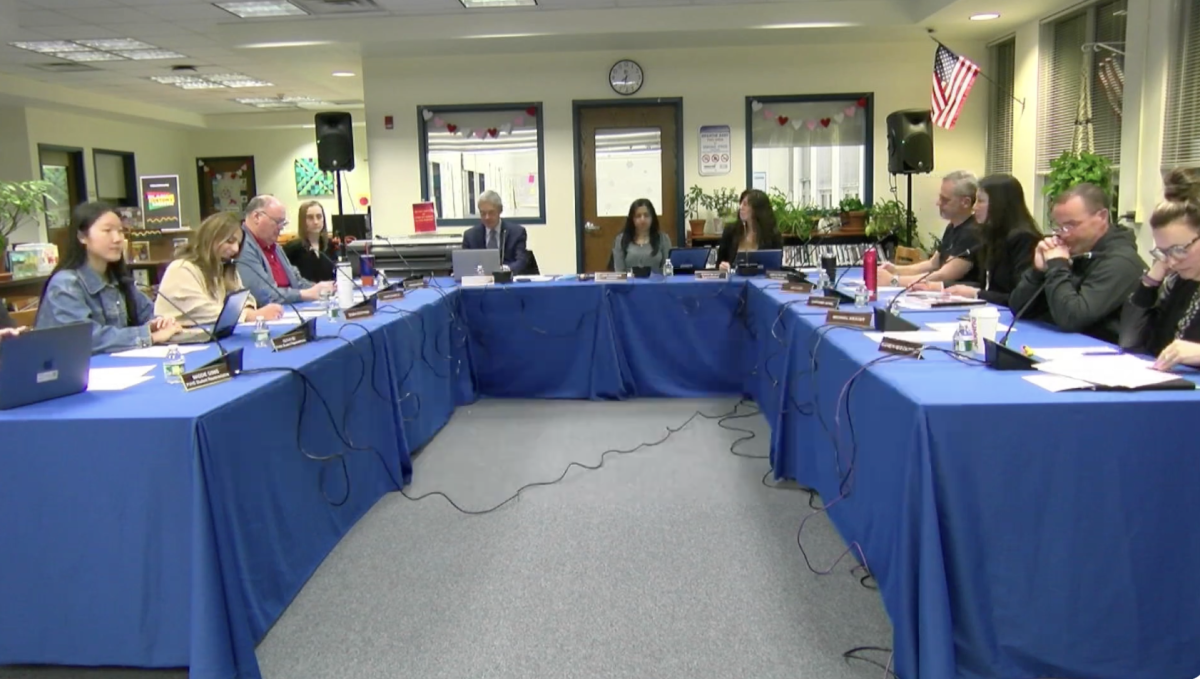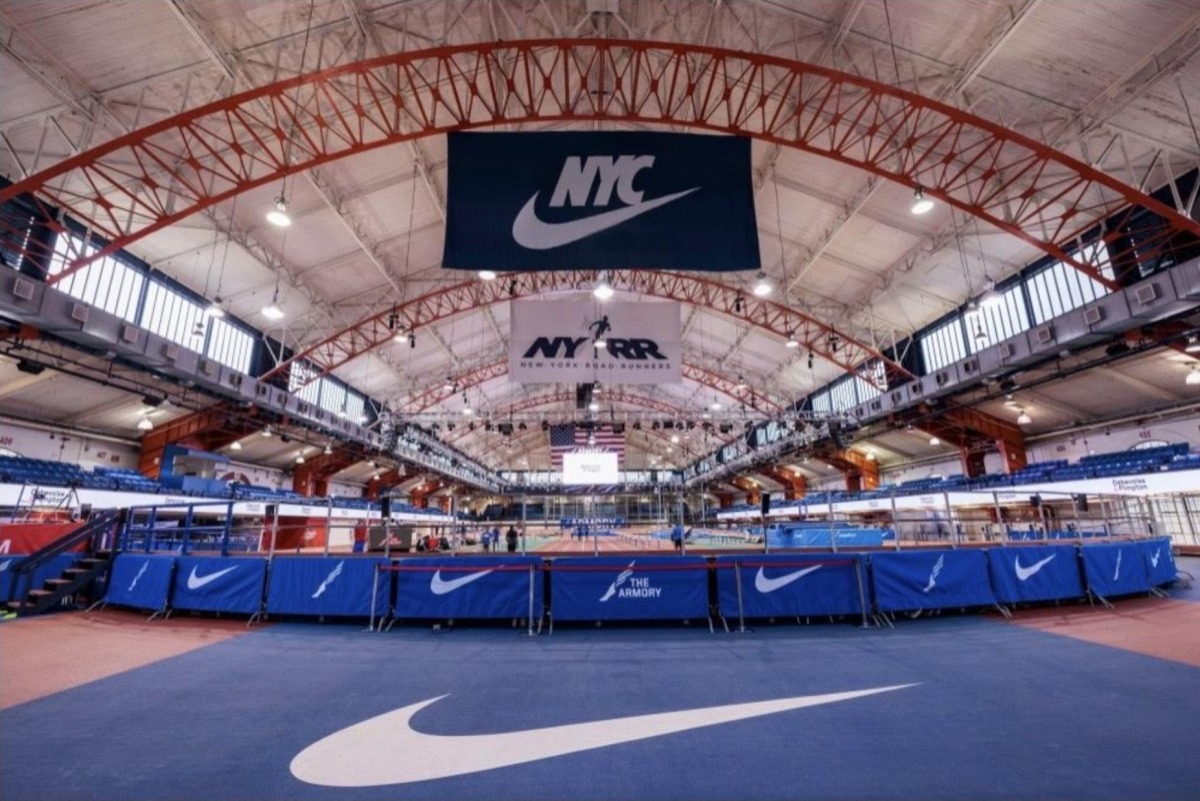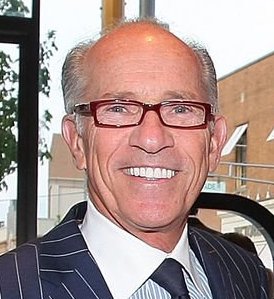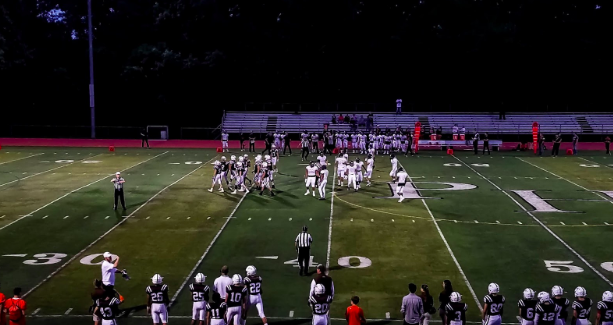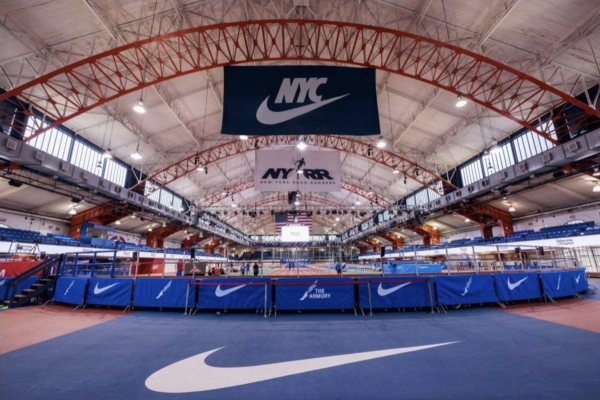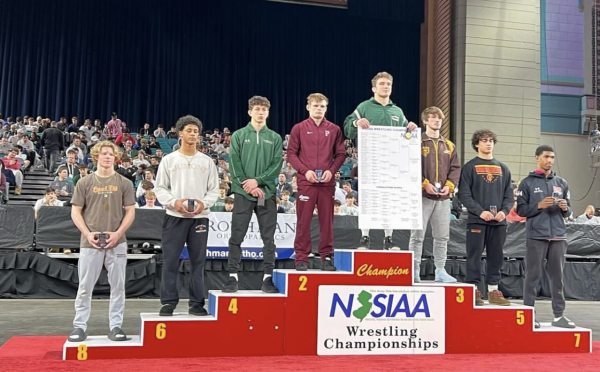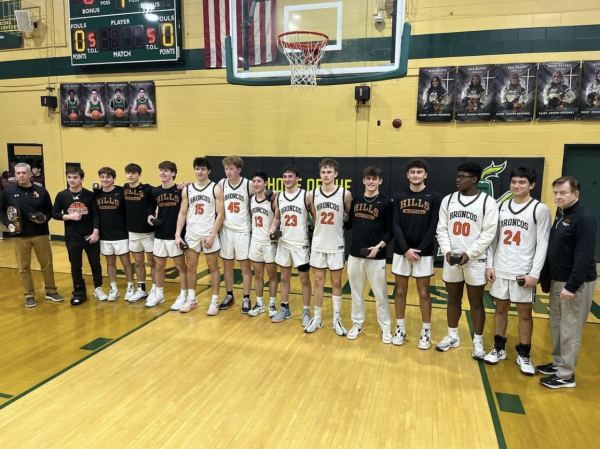The Decline of Defensive-Minded Head Coaches in the NFL
For the longest time, sports teams have been following the motto, “Offense wins games, but defense wins championships.” If this is the case, why have NFL front offices been favoring offensive coaches in recent hiring cycles?
During the 2019 hiring cycle, seven out of eight teams have or are expected to hire offensive-minded head coaches. Last year, four out of the seven head coaches hired came from offensive backgrounds. In 2017, four out of six head coaches hired had experience on that side of the ball. In total, 21 of the league’s 32 head coaches come from offensive backgrounds, a number that is bound to grow in the next couple of years. What makes these coaches so attractive?
“I think that offensive coaches are especially attractive to teams with young quarterbacks, and there have been a ton of quarterbacks taken with high picks in recent drafts. Quarterback is the most important position in the game – if you have a franchise quarterback, everything else becomes easier. This means that hiring the right staff to develop that guy is imperative, which is why teams are reaching for offensive guys,” Josh Cohen said.
Just four years ago, defensive coordinators were the talk of the town. Todd Bowles, the defensive coordinator of the Arizona Cardinals at the time, and Dan Quinn, the Seattle Seahawks’ defensive coordinator at the time, were the two hottest names during the 2015 head coaching searches. They had both spearheaded dominant defenses, with Quinn’s defense having an authoritative performance in the team’s Super Bowl win the previous year. In the league’s current climate, it would be surprise to see even one person with a resumé like theirs land a coaching job. Teams are reaching for offensive coaches more than ever.
Teams have certainly become less picky when it comes to trying to land the next offensive guru. Once upon a time, a candidate like Vic Fangio, the Bears defensive coordinator who has led many top defenses in the past twenty years, would be a stronger candidate than Kliff Kingsbury, a 39-year-old coach with no NFL experience. While Fangio has been in the NFL for over three decades, Kingsbury was recently fired by Texas Tech, a college team that he could only bring to an above .500 record once. Kingsbury, an offensive coordinator at the University of Southern California a week ago, was hired by the Arizona Cardinals and is now entrusted with developing their young quarterback, Josh Rosen. What makes a guy like him so appealing to an NFL franchise.
“The NFL is a copycat league. Sean McVay, the Rams head coach who has been a trailblazer in the league’s offensive revolution, is a young, innovative offensive mind who spent a decade working his way up the ranks under Mike Shanahan. Now, anytime a team sees anyone with a similar track record will be considered the next big thing in the coaching world,” Harrison Scott said. “The Cardinals probably saw Kingsbury as a young, offensive coach who McVay wanted to bring onto his staff in the middle of the season and thought he could provide their organization with the same spark McVay has graced the Rams with.”
McVay has certainly set a precedent for future head coaches. Before he was hired, the Rams were a mess. In 2016, they went 4-12 under Jeff Fisher, a longtime head coach with a defensive background. Their young quarterback, Jared Goff, had a terrible season. The offense lacked explosiveness and creativity. When he was first hired, he was the youngest head coach in the history of the league. The front office saw his work with Kirk Cousins, and thought he could turn around their mediocre franchise.
What happened the next season shocked everyone. Looking like a completely new team, McVay schemed his way to a playoff berth. His offensive gameplans were brilliant, elevating running back Todd Gurley to MVP contender status and made Jared Goff look like one of the best at his position. During the 2018 season, the team only improved.
It seems that teams are using him as a model for what they are looking for in a head coach. Everyone wants the young, creative guy with no coaching background who has ties to a winning head coach.
When looking at the league standings, regular season division champs have indicated that offensive coaches are more successful. 6 out of the 8 division leaders are helmed by offensive head coaches, while all four of the wild card teams have offensive coaches.
With the influx of offensive head coaches, the NFL certainly seems headed towards an offensive-minded head coach bubble. As more and more coaches are promoted from that side of the ball, the quality of the league’s offensive coordinators is sure to go down.
“NFL teams have gotten so desperate for these offensive masterminds that they are taking guys with little experience leading even one side of the ball,” Julian Bulzomi said. “With all of this turnover, the resumés of these candidates become weaker and weaker. At some point teams are going to have to recognize that the defensive candidates simply have stronger, high quality work experience. I’d be surprised if this doesn’t happen soon.”
This year’s coaching cycle has definitely emphasized this problem. Matt LaFleur, the new Packers leader who was the first coach hired this offseason, has only two seasons of offensive coordinator experience. This was his first year where he was responsible for calling plays, and his team ranked 25th in yards per game. Yet he is now entrusted with the last few prime years of Aaron Rodgers’ career, a quarterback who is considered by some to be the best quarterback this century. Zac Taylor, who is expected to fill the Bengals’ head coaching position once his season ends, isn’t even an offensive coordinator – he is the Rams’ quarterbacks coach. The Bengals are banking on the fact that, since he is on Sean McVay’s coaching staff, he is destined for success.
While coaches like these are being hired, strong defensive candidates are being overlooked. Matt Eberflus, the Colts defensive coordinator, was responsible for a major defensive turnaround in Indianapolis this season. After yielding the third most total yards to opposing offenses in 2017, Eberflus came in and helped them become the tenth team in this category. His players have praised his leadership skills, and the team’s fans were scared to see him go; however, Colts fans will get to see him lead their defense once again, as he was squeezed out of this cycle due to his main experience coming on defense.
Like many trends in the NFL, this one probably won’t stick. Many teams are experiencing great success with their offensive head coaches. However, there is still a place for defensive head coaches in the league. Four out of the last ten super bowl champions have been led by defensive-minded coaches. As less and less of them are hired and more and more underqualified offensive coaches are hired, the NFL will eventually shift back to its old ways.




